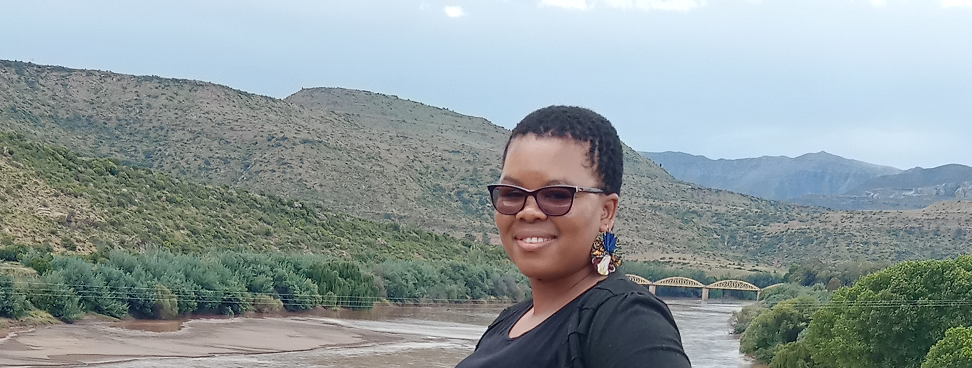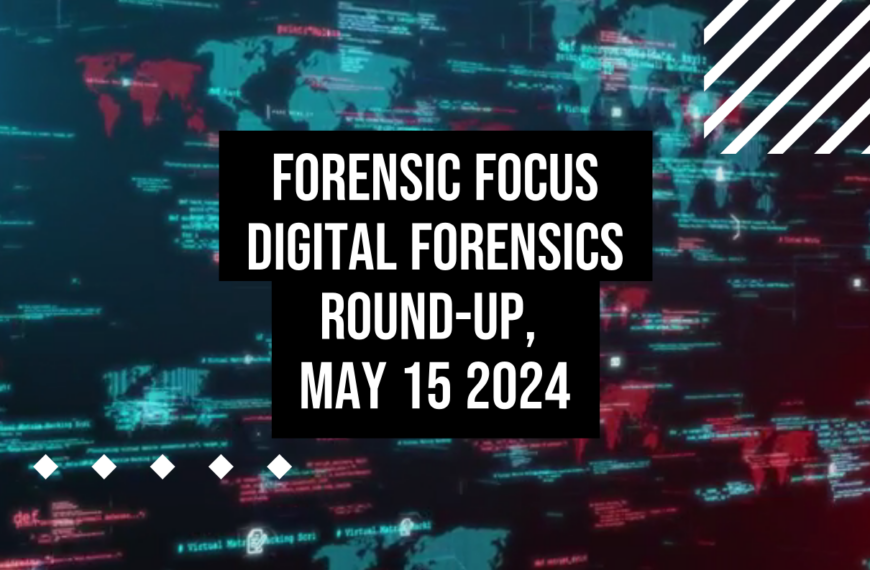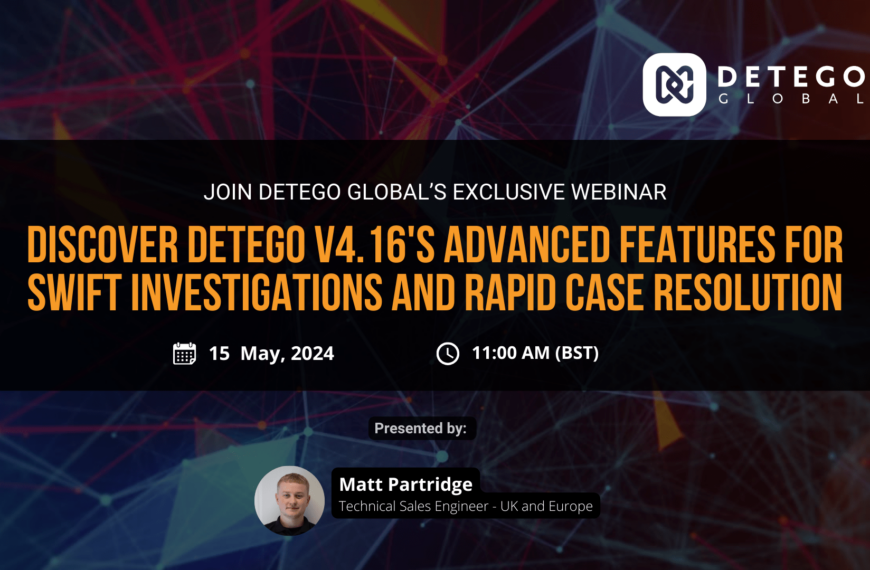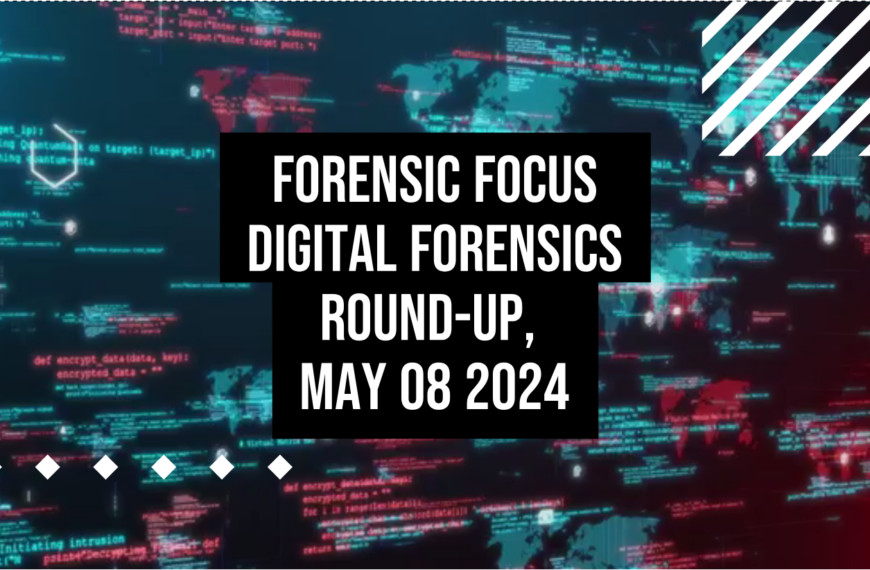FF: Please introduce yourself and tell us a bit about your role in DFIR.
Mamoqenelo: I am Mamoqenelo Morolong, a lady from Leribe Lesotho. I am an ICT enthusiast, mainly cyber security. I am a graduate of Master of Computer Science (Digital Forensics) from the Namibia University of Science and Technology, and I am currently a PhD candidate at the same institution. My PhD research is focused more on the application of machine learning in national health critical infrastructure resilience. I spend my weekdays, 8am to 4:30pm, working as a senior lecturer at one of the institutions in Lesotho.
What does a typical day look like for you?
Well, I am basically a routine kind of person. I normally start my day with some scripture reading and thanksgiving, then get ready for work, where I spend mostly 8-9 hours with my colleagues and students. I normally like sharing ideas with those close to me.
In March, the Women in Forensic Computing (WinFC) Digital Forensics Workshop is being held in Bonn, Germany. Can you tell us about the event and how you became involved?
Women in Forensic Computing (WinFC) is a workshop that is meant to empower women to take or engage in digital forensic courses and research. It is meant to create and increase awareness about digital forensics and to appreciate women in DF research. In 2020, before I graduated, as I was searching for opportunities, I came across the WinFC link and felt like it was something I had been looking for. The call was looking for women in digital forensics, and because it was just after completing my thesis (which was on mobile forensics), I felt the need to be part of the forum. I felt the need to acquire new knowledge and share my research outputs. I applied and got accepted to participate.
What would you say are the key objectives of the WinFC workshop?
The main objective of the workshop is to increase awareness and appreciation of the achievements of women in the area of forensic computing/digital forensics, and therefore this workshop wishes to be a forum to help women build their technical confidence and thereby attract more female researchers to the field. Also, the workshop intends to increase the interest of scholars to pursue research in digital forensics.
You’ve written previously about mobile device forensics in a bring your own device (BYOD) environment. What interests you about this topic?
What ignited my interest in the topic, was realizing how personal devices are used in the working environment to solve both work-related and personal issues. The phenomena seemed to work easily and reduce device costs for the employers, especially the small enterprises. However, the same phenomena is a risk to the security of small enterprises, because often BYOD is adopted without secure measures.
With that realization, I then felt it was critical to look at the forensic aspect of BYOD. What are the legalities of bringing and using your own device for work related purposes? Especially considering the diversity of the device models; ownership and multiple vulnerabilities that are brought about by installing malicious apps, which have the ability to compromise the device and its contents.
Finally, when you’re not at work, how do you spend your spare time?
I mostly spend my free time indoors with family and friends. I utilize my time for research; I like discovering new things and writing (trying to hone the writing hobby). I also enjoy being invited to give talks to kids, hence I sometimes organize voluntary sessions to talk about Child Online Protection.















